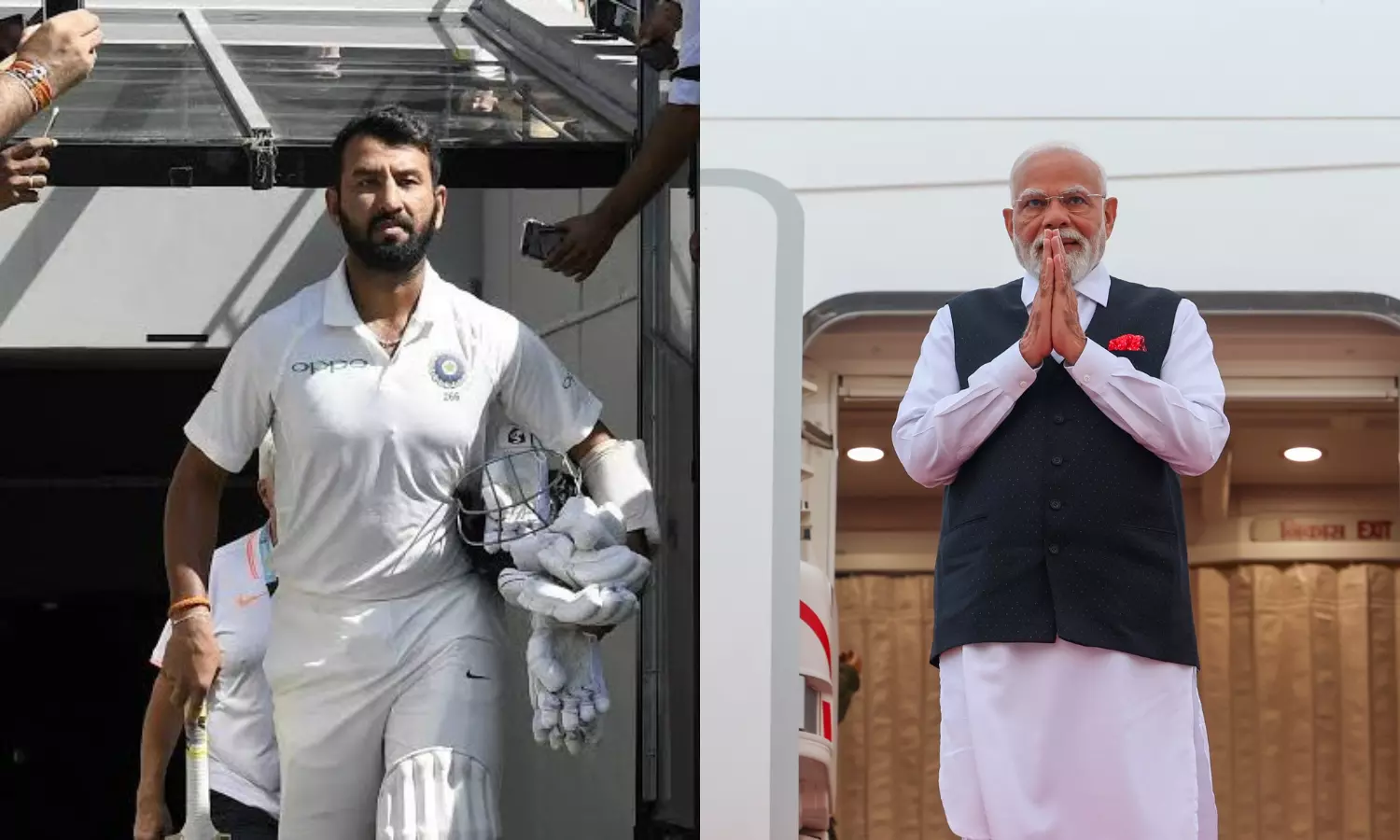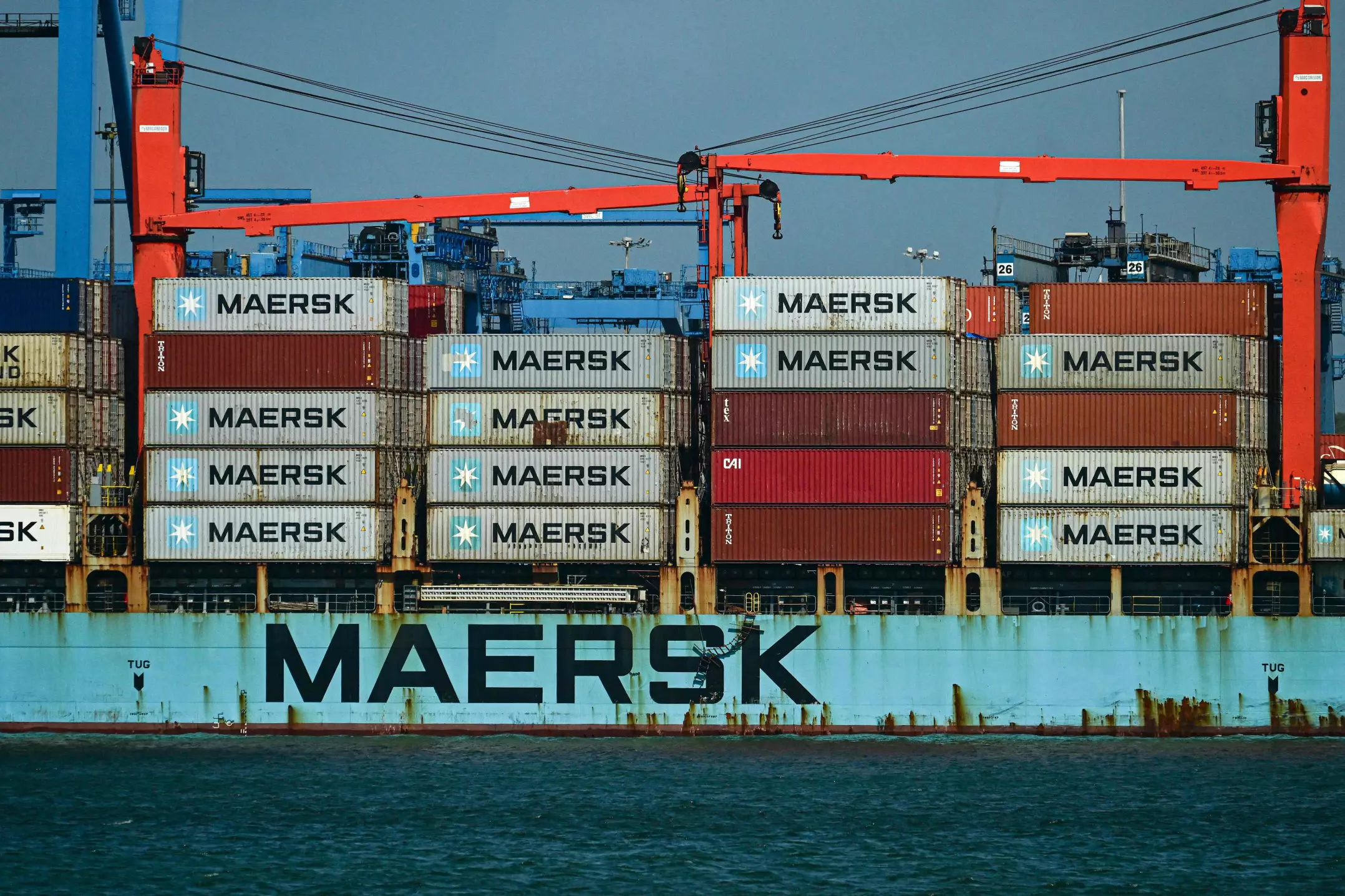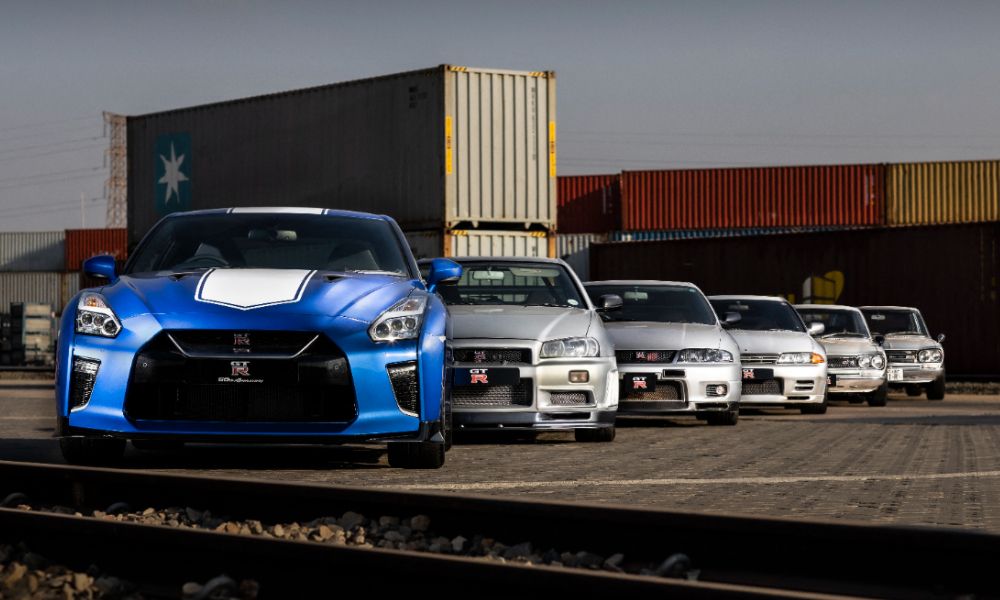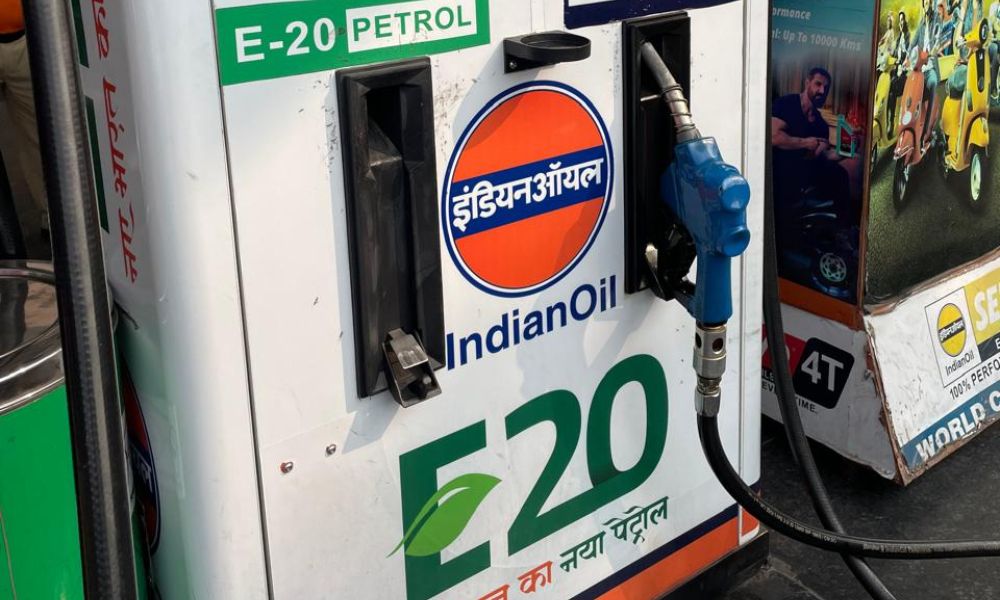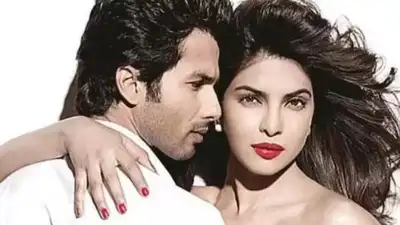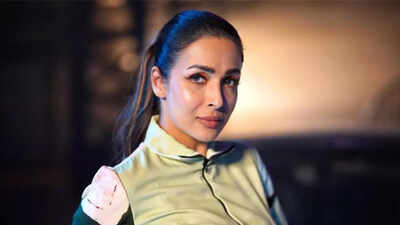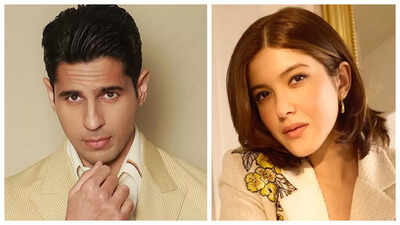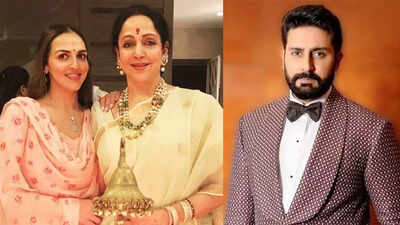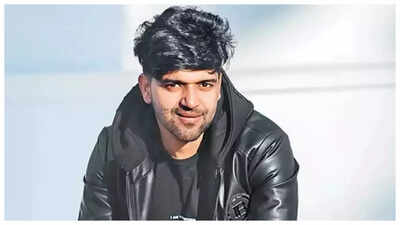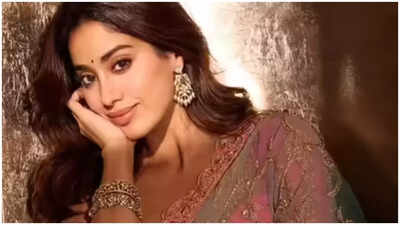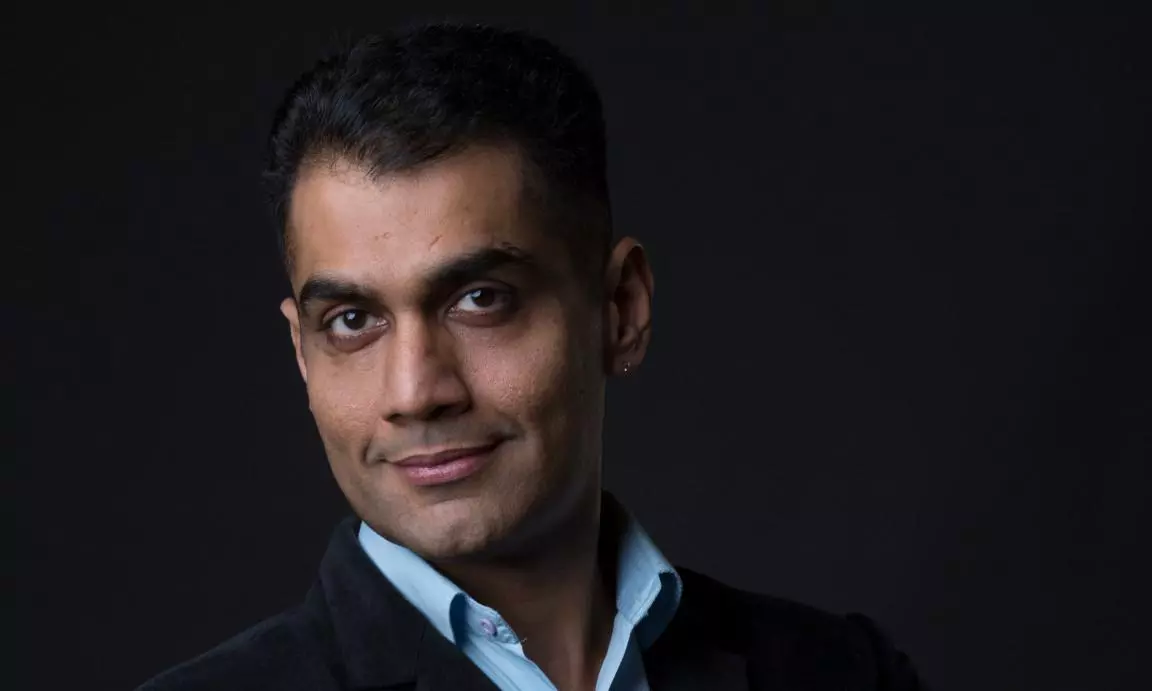
Few plays in recent times have stirred audiences the way ‘Humare Ram’ has. In an exclusive interview with Deccan Chronicle, actor-producer and MD, Felicity Theatre Rahul Bhuchar, who essays the role of Ram opposite Ashutosh Rana’s Ravan, speaks about living the character on stage, the discipline of theatre, and the devotion that powers his productions.
You are playing Ram opposite Ashutosh Rana’s Ravan in ‘Humare Ram’. As both actor and producer, how do you balance living the divinity of Ram on stage while also handling the practicalities of running the production off stage?
See, the truth is I don’t try to portray Ram. If I tried, it would become very difficult. For me, this play is born out of bhakti and sadhana. It has been with me for more than five years, and when you walk with that devotion towards the Almighty, the rest falls in place.
Of course, production is tough—there’s no denying that. But again, when your bhakti is pure, things start to align. I take one step at a time. There’s no formula for managing art and business together. If there were, everybody would follow it. The only guiding force is my samarpan to Prabhu Shri Ram.
Today the play has travelled beyond India—it has been staged in Dubai, will go to London in November 2025, Singapore later, and Dubai again in March. But honestly, the word ‘global’ doesn’t excite me. An empty house doesn’t make me sad either. Because we never made ‘Humare Ram’ with an agenda or motive. It was always about the Almighty, and the respect the play deserves. That is why, even after nearly 300 shows, before every performance, we do a Ram Stuti puja. That’s where it begins for us.
Many of your plays have been staged at prestigious venues. What was the most unexpected audience reaction you have received?
For us, every venue is the same—be it Rashtrapati Bhavan, Parliament House, Hyderabad’s Shilpakala Vedika, or anywhere else. Each show is performed with the same energy, the same poise, the same devotion.
But the most overwhelming response came from Bangalore. People had told me that Hindi plays don’t work there, and mine is in pure Hindi—shuddh Hindi. Still, I believed that ‘Prabhu ki katha’ should be shared everywhere. To my surprise, the reaction was phenomenal. The audience, mostly between 15 and 40 years old, wouldn’t even let us finish dialogues because of the applause and cheers. It was so overwhelming that we had to add eight more shows there, and even now, weekends aren’t enough—so we’re doing weekday shows too.
Delhi and Mumbai, of course, have hosted the maximum number of shows—128 in Delhi and 69 in Mumbai. But if you ask me about sheer energy and reactions, Bangalore was unmatched.
You worked with Sridevi in ‘MOM’, and now you perform epics like ‘Mahabharata’ and ‘Humare Ram’ on stage. Which tested your craft more—facing the camera or a live audience?
For me, there is no difference. It’s never about camera or stage—it is about surrendering to the character. And I never call it mythology. I call it history, because there is evidence, research, and proof of these epics and figures.
When I play Ram, or any godly character, it is not acting. It is samarpan. The Lord enters me for those shows, and it takes me time to come out of it once a run ends in a city. I don’t even want him to leave, but life outside the stage demands it. Then I prepare myself again, call him back, and surrender once more.
That is why audiences connect. Because if you are only acting, people can see it. But if it is bhakti, it resonates at a divine level.
You have acted in more than 725 shows and produced some of India’s most successful plays. What do you see as your biggest contribution to Indian theatre?
If you ask me in one line, the contribution of Felicity Theatre is that we have made theatre self-reliant. For centuries, theatre was dependent—on kings, on governments, on corporate sponsorships. We broke that pattern.
Today, we do more than 300 shows in a year without a single grant. Theatre has become a self-sufficient economy. Actors don’t have to work in offices and do plays on weekends anymore. They can proudly say, “I am a professional theatre actor,” and make their livelihood from it. That, for me, is the biggest change.
How was it working with Ashutosh Rana in ‘Humare Ram’?
Ashutosh ji is not from this planet. He is someone who probably takes birth once in a thousand years. He’s spiritual, selfless, full of wisdom, deeply rooted in the Puranas and the Vedas.
On stage, his body language, his expression, his pronunciation—everything is divine. When he decides on something, we all follow, because his way is the right way. That’s the level of respect he commands.
With audiences increasingly drawn to OTT platforms, how do you see theatre evolving in the next decade?
When you try too hard to stay relevant, you will never be relevant. My experience of more than two decades tells me that if you deliver something honest—content that is powerful, performances that are genuine, and production that does not compromise—people will come.
Theatre is not competing with OTT or cinema. Look at ‘Humare Ram’. People are struggling to get tickets, there are housefull boards, chaos outside auditoriums, just like a Bachchan film in the 80s. Why? Because it is made without agenda, without compromise.
The play has become what people call the ‘Bahubali’ or ‘Sholay’ of theatre. Today there are two sets of people—those who have watched ‘Humare Ram’ and those who can’t wait to watch it. That’s the impact.
And it’s not just this play. Every Felicity production is running to packed houses. That means something is going right. If that inspires other producers to enter theatre, so be it. We need thousands of good plays. One Rahul Bhuchar cannot make them all. If this is a revolution for theatre, then I welcome it.



